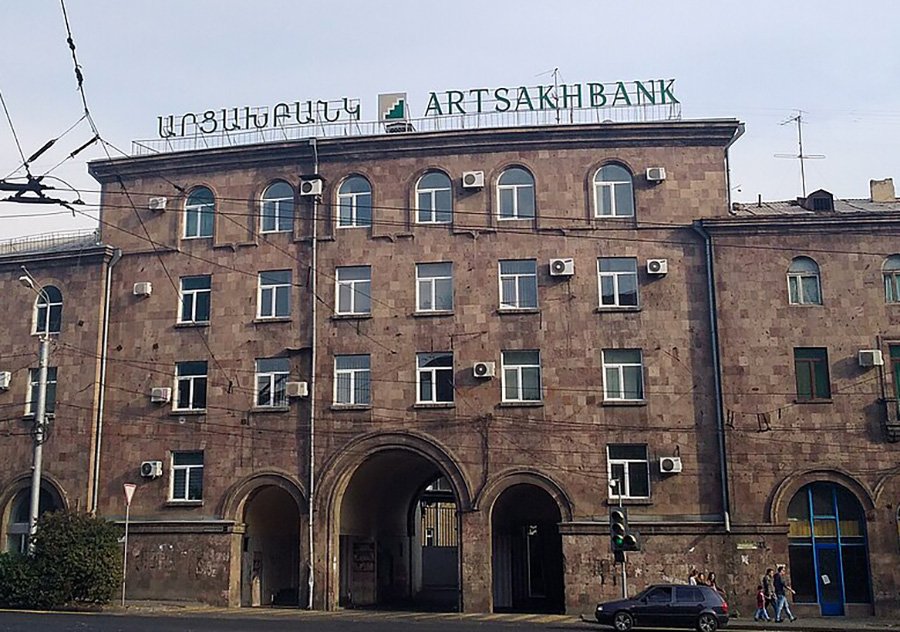Armenia Prepares for Data Exchange: Russian Accounts to Fall Under FTS Control

Photo: Wikimedia
Banks and brokers in Armenia have started verifying the tax residency of their Russian clients in preparation for automatic data exchange with the Russian Federal Tax Service (FTS). The new exchange regime will begin in September 2025, Forbes reported citing RBC. Analysts expect the involvement of Russian citizens in Armenia’s financial system to be highly significant.
Armenia ratified the multilateral Common Reporting Standard (CRS) agreement in 2023, and was added to the exchange list with Russia on December 31, 2024. The agreement obliges countries to share information on non-resident accounts on the principle of reciprocity. According to Sergei Nazarkin, managing partner at NSV Consulting, the first exchange covering 2024 data will take place in September.
Armenia has become one of the most popular jurisdictions among Russians for opening foreign accounts, making this innovation highly impactful. Financial institutions are already requesting information on tax residency, residential address, and taxpayer identification numbers (TIN) from clients to minimize risks of fines.
Alexander Nadmitov, managing partner at Nadmitov, Ivanov & Partners, noted that the first exchange is scheduled for year-end. He emphasized that Armenia’s banking system has become a convenient channel for international settlements, widely used by companies with Russian beneficiaries — including structures registered in the UAE or Hong Kong conducting payments for exports and imports.
In Armenia, rules for opening accounts and operations with international securities remain relatively simple, with no direct restrictions for Russians. Evgeniya Memruk, founder of Biznesinalogi and head of the Union of Accountants and Tax Consultants, pointed out that many Russian citizens, especially relocants, may simultaneously qualify as tax residents in both Armenia and Russia, which poses a risk of double taxation. Concealing residency could lead not only to fines but also criminal liability and account freezes for violating international AML/KYC standards.
AML (Anti-Money Laundering) – measures against money laundering.
KYC (Know Your Customer) – verification of client identity, sources of income, and transaction patterns.
In Russia, individuals are considered tax residents if they spend at least 183 days in the country within 12 consecutive months. In Armenia, residency can be assigned after six months of stay or if the center of vital interests is located in the country.
Lawyers stress that CRS automatic exchange will affect not only individuals but also company beneficiaries. For the FTS, this means broader access to data on incomes and assets of structures channeling transit financial flows. However, in Armenia’s case, the changes may be less radical, since a CIS protocol on information exchange regarding incomes and taxes has been in force since 2020. This agreement includes Russia, Armenia, Azerbaijan, Belarus, Kazakhstan, Kyrgyzstan, and Tajikistan.
According to the FTS, in 2023 the number of Russians’ foreign accounts grew by 30% compared to 2020. Automatic exchange continued only with friendly countries. The U.S., UK, Switzerland, Canada, Latvia, and most EU states suspended cooperation and no longer share account data with Russia — while some, like Georgia, never did.
In 2024, the FTS updated its list of countries without automatic exchange, which now includes 26 EU states. Deposits into accounts in those jurisdictions became illegal for Russian currency residents.
The surge in foreign account openings also affected violation statistics: illegal operations, failure to notify about opening or closing accounts abroad, and overdue reporting. In 2024, there were 136,675 administrative and criminal cases related to foreign currency operations — up 72% from 2023. The amount of fines paid exceeded assessed amounts by 104%. Cases included penalties for non-ruble settlements in property sales, rent, and other transactions.
In 2025, the FTS plans to launch an automated system to determine tax and currency residency based on border-crossing data and foreign passports.
Подсказки: Armenia, Russia, FTS, CRS, automatic exchange, banking, tax residency, AML, KYC, double taxation, foreign accounts








